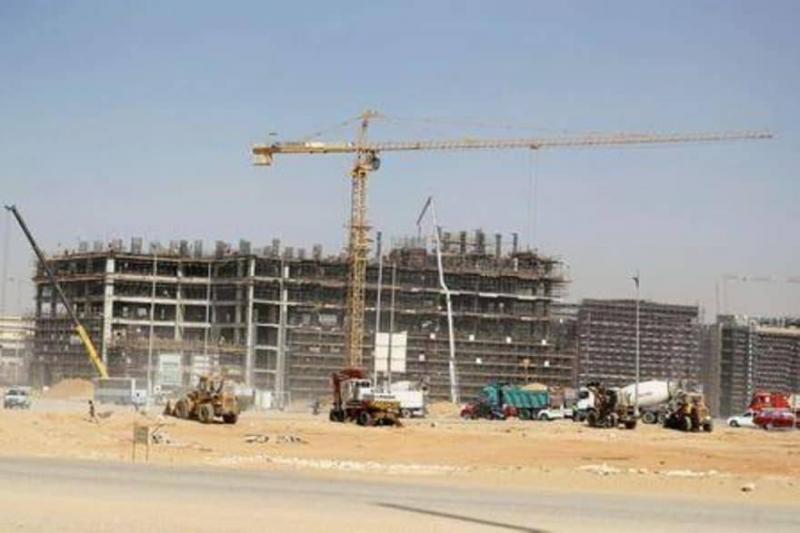Residents of Egypt's new administrative capital, being constructed on the outskirts of Cairo, will use smart cards and electronic applications to open doors, make payments, and browse the internet on a public Wi-Fi network broadcast from smart lighting poles. A network consisting of at least six thousand cameras will monitor activities in every street, tracking pedestrians and vehicles to organize traffic and report suspicious activities. The design of the new "smart city" appears to be a world away from some areas of the sprawling current capital, where crumbling infrastructure results in fluctuating internet and phone network coverage, and where security guards in densely populated residential complexes track the movements of residents. Completing administrative tasks may involve long waits.
The city, being built from scratch in the desert, is designed to accommodate 6.5 million residents, with the first batch of government administrative employees expected to move this year. It is still referred to as the new administrative capital. The extent to which the center of gravity will shift from Cairo to the new capital, located 45 kilometers from the Nile River, remains uncertain. For many ordinary Egyptians, who have called the bustling old city home for generations, the move to the new city and its costs seem impossible.
However, for those who will relocate, promises have been made for a single electronic application to pay utility bills, receive local services, and report complaints and issues. Officials state that advanced technology systems will help to streamline consumption and reduce waste in utilities by detecting leaks or malfunctions and enabling residents to monitor usage.
Mohamed Khalil, head of technology at the Administrative Capital for Urban Development, a company owned by the government and military overseeing the city's construction, stated, "The resident of the new administrative capital will receive all their services through a mobile application."
**Technology Contracts**
Authorities plan to replicate this technological model in other developmental projects initiated during President Abdel Fattah el-Sisi's administration, which considers the new capital a flagship project. Khalil added, "This model is being implemented in all fourteen new cities being established, such as New Alamein and New Mansoura... Our objectives include integration between cities."
Some Egyptians believe the new capital will be home to a distinguished elite in a country where nearly one-third of the population lives below the poverty line, while others see the reliance on technology as a long-awaited step. Tariq Habib, a 53-year-old merchant, spoke in downtown Cairo, where the government is evacuating the Mogamma building, which houses many government agencies and has become a symbol of bureaucratic chaos in recent decades, stating, "First, it will save time, it will save effort, and it will eliminate all the obstacles linked to routine, paperwork, archives, and everything."
He added, "All of these things are very beneficial for the citizen." Khalil mentioned that the total technology and communications contracts for the first phase of the new capital amount to 640 million dollars, which may rise to 900 million dollars in later phases. Partners include companies such as Huawei, Orange, and Mastercard.
Honeywell stated that a monitoring system it is implementing in the administrative capital will "monitor crowds and traffic congestion, detect theft incidents, identify suspicious persons or objects, and issue automatic alarms in emergencies." The company is building the security control center that operates under the Ministry of Interior in the city.
As construction continues, the level of surveillance and any related concerns have yet to be tested. Officials say the surveillance technology will aim to detect crimes and enhance safety, and they also state that data will be protected under Egyptian law and international standards. Egypt has witnessed a harsh crackdown on dissent, including restrictions on internet activities, immediate security checks in the streets, an effective ban on protests, and an extended state of emergency.
The surveillance system may facilitate the identification of dissenters; however, Stephen Feldstein, a senior fellow at the Carnegie Endowment for International Peace in Washington and author of a book on digital repression, remarked, "I don’t see what this system will add beyond what is already being done... It is already very intense."




